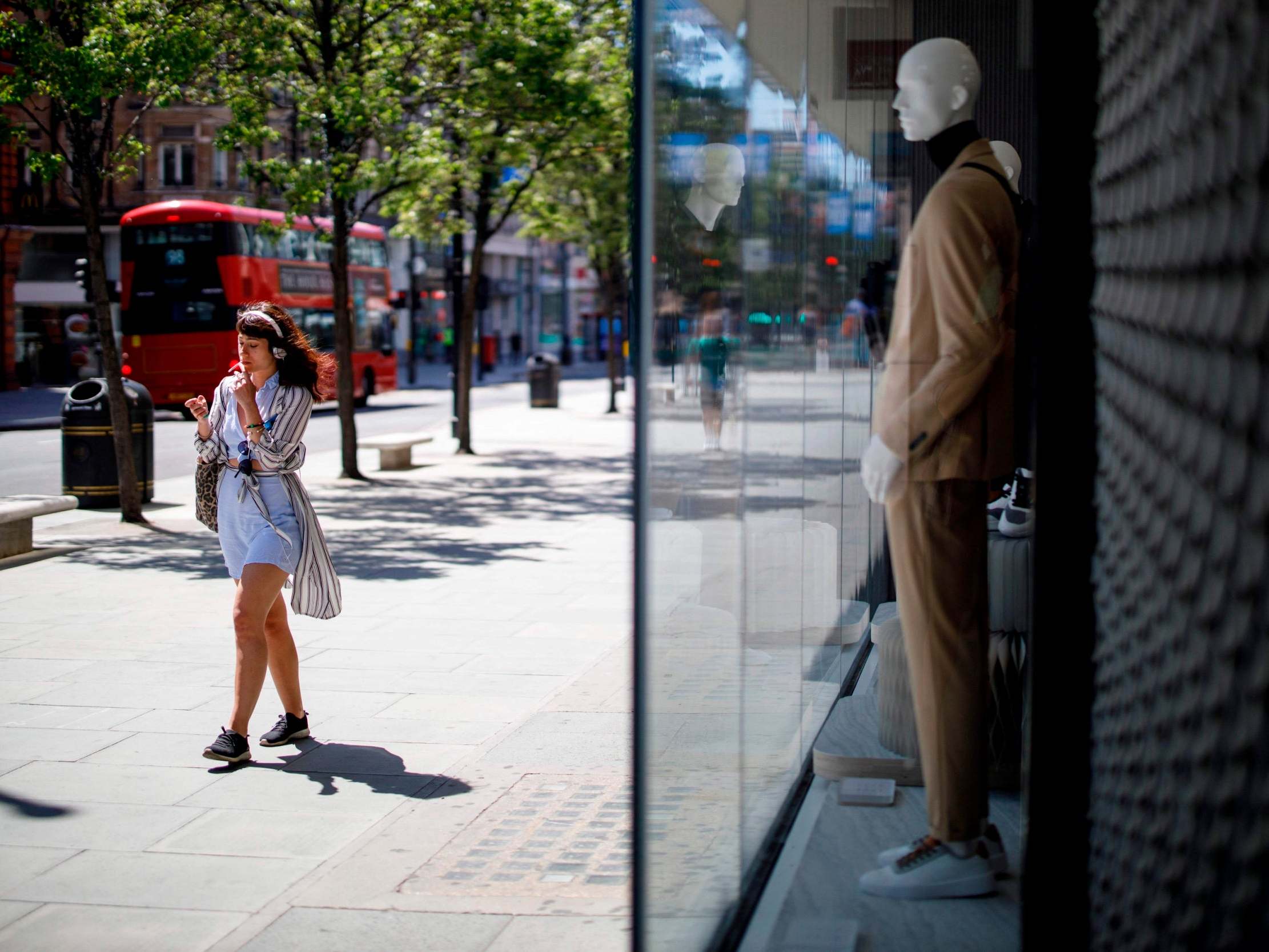Non-essential shops to reopen: Which shops are included and what safety precautions are there?
Retailers must adhere to 14 strict measures to ensure safety

Your support helps us to tell the story
From reproductive rights to climate change to Big Tech, The Independent is on the ground when the story is developing. Whether it's investigating the financials of Elon Musk's pro-Trump PAC or producing our latest documentary, 'The A Word', which shines a light on the American women fighting for reproductive rights, we know how important it is to parse out the facts from the messaging.
At such a critical moment in US history, we need reporters on the ground. Your donation allows us to keep sending journalists to speak to both sides of the story.
The Independent is trusted by Americans across the entire political spectrum. And unlike many other quality news outlets, we choose not to lock Americans out of our reporting and analysis with paywalls. We believe quality journalism should be available to everyone, paid for by those who can afford it.
Your support makes all the difference.Thousands of high street shops are scheduled to reopen in England on Monday, as the government eases the coronavirus lockdown.
This follows the business secretary Alok Sharma’s announcement earlier this week that all non-essential shops could return to business from 15 June, three months after they were closed to stem the spread of the virus.
The measures are part of the second phase of the government’s plan to ease lockdown restrictions, the roadmap for which was first announced on 10 May.
Here is a summary of what will change from Monday.
What type of shops are reopening?
All non-essential shops such as high street retailers and department stores can open their doors from Monday.
Book shops, electronic retailers, clothes shops, photography studios and auction houses are among the businesses that will be allowed to reopen as long as they follow the government’s Covid-19 guidelines.
It marks a significant easing of restrictions for indoor retailers.
However, hairdressers, nail bars and beauty salons, as well as the hospitality sector, will remain closed because of the increased risk of transmission in these environments where person-to-person contact is required.
What are the new safety measures?
The government has issued 14 strict measures that all shops and branches must adhere to before they reopen.
One of the measures is for retailers to define the number of customers that can reasonably follow social distancing within their stories.
Others include limiting the number of customers in a particular shop, encouraging customers to use hand sanitiser as they enter and implementing queue management and one-way systems.
Shopping centres have also been told to ensure that communal areas do not become too crowded, while businesses near shops have been asked to implement policies like staggered opening times.
Speaking about the reopening of shops, Boris Johnson said: “I want people to be confident that they can shop safely, provided they follow the social distancing rules for all premises.”
Is it safe?
Mr Johnson has told the public to “shop with confidence” once stores reopen on Monday.
However, people may be worried about the safety of going shopping, especially as there have been growing concerns in recent weeks about a possible second wave of the virus.
The prime has stressed that the most important thing is “public safety and the health of our country” and has urged the public “to observe the rules on social and do it safely” while shopping.
Referring to the sacrifice everyone has made since the start of lockdown, Mr Johnson said “we can’t throw it away”.
Join our commenting forum
Join thought-provoking conversations, follow other Independent readers and see their replies
Comments